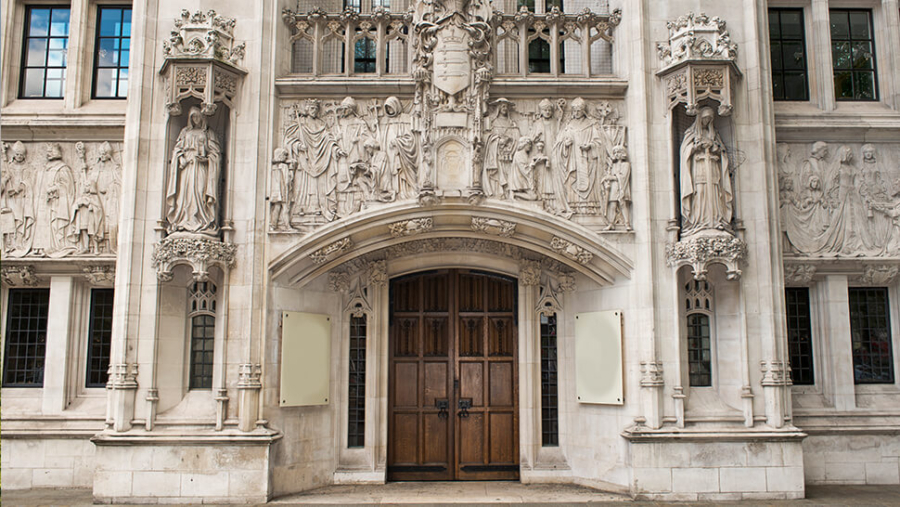

The Supreme Court has today made a decision in Unison’s long-running challenge to the Employment Tribunal fee regime. The Supreme Court has decided that the fee regime was unlawful and, with immediate effect, fees in the Employment Tribunal and Employment Appeal Tribunal are abolished. In addition, the Lord Chancellor has committed to refund any Employment Tribunal or Employment Appeal Tribunal fees already paid. The basis of the judgment is that the introduction of fees acted as a barrier to the fundamental rule that there should be access to justice.
The full effect of the decision will only be apparent in time. However, it appears that the following consequences will flow from the judgment:-
- After the introduction of the fee regime, the volume of cases in the Employment Tribunal fell significantly. Without fees, it is expected that the number of Employment Tribunal claims will rise.
- Fees already paid will need to be refunded. It is not yet known how such refunds will be processed, whether it will be done automatically or whether an application for a repayment will need to be made. While the majority of fees are paid by Claimants, employers can be required to pay a fee (eg for a judicial mediation) and so employers may wish to reclaim such fees. In addition, if a case is lost at Tribunal, the Tribunal judgment may expressly order the losing employer to refund the Claimant’s fees. In this scenario, it remains to be seen whether the Employment Tribunal Service will make the refund to the employer direct or whether the refund will go to the Claimant.
- It is often the case that the terms of a settlement will include repayment by the employer of the fees. If a Claimant is now entitled to a refund from the Employment Tribunal, there is an argument that any refund should be repaid to the employer. In reality, it is likely to be extremely difficult for an employer to recover these fees. First of all, a large number of settlements are simply expressed as a lump sum figure and while fees may have been factored into the final settlement figure, the settlement does not expressly identify this. It may not be obvious from the settlement document that the employer had paid the Claimant’s fees. Secondly, even if the fee reimbursement was expressly identified, it is arguable that there would have to be an express repayment clause in the settlement document to allow the employer to recoup any fees already refunded to the Claimant.
- There may be claims presented long out of time, with an argument that the prospect of paying a fee deterred the claim being pursued at the time, but now that the fee regime has been found to be unlawful, the normal time limit should be extended. Tribunals will have to decide whether it was “not reasonably practicable” to lodge the claim at the time and/or whether it is just and equitable to extend time for this reason. It has to be said that potential Claimants could always seek to reduce the fee they paid if their means fell below a certain level.
- There has been a suggestion that the Government may seek to retain fees in some shape or form but to redesign the system – for example, making the fee regime more balanced by requiring an employer to pay a fee as well as the Claimant and by lowering fees (especially for low-value unpaid wages claims)










